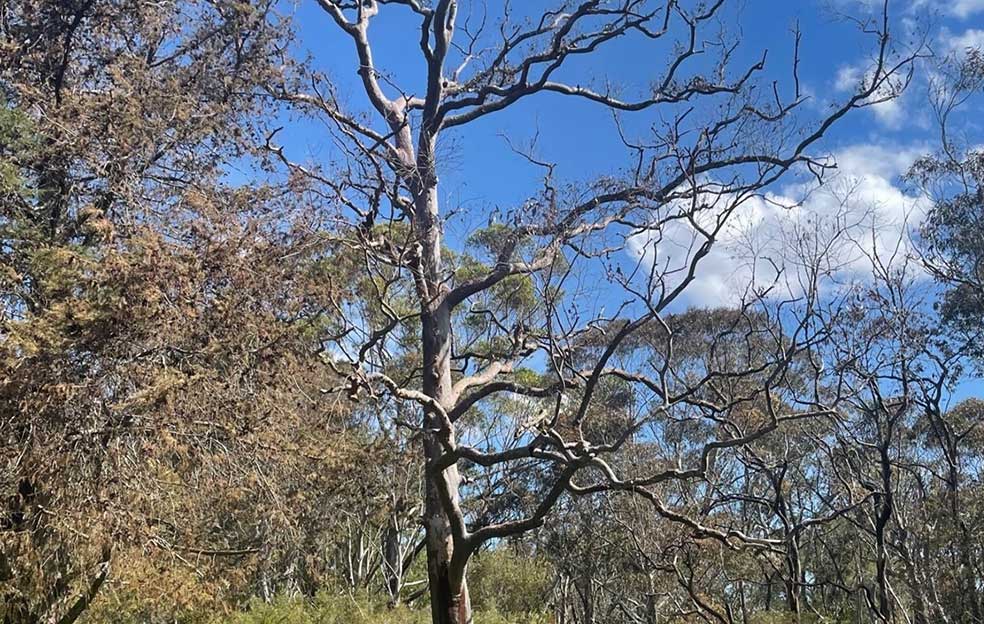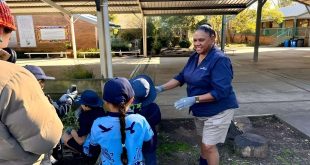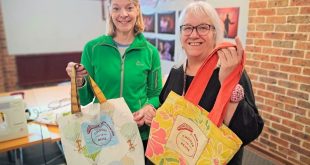
While Blue Mountains residents are all too familiar with the more visible impacts of climate change such as floods, droughts and fires, another lesser known impact of extreme weather is urban forest decline and tree death.
Members of Blue Mountains City Council’s Urban Forest and Environment teams have been monitoring the impacts of the pre 2019 drought and more recent, La Nina induced wet conditions, and are reporting that trees across the City are dying in greater numbers than usual as a result of changing climatic conditions.
To address this issue, Council is continuing its extensive, city-wide program to assess and prune or remove trees in decline that may be at risk of falling and replace them with new trees to help combat the ‘urban heat island’ effect, which is an increase in temperatures caused by the loss of tree canopy cover.
Tree planting projects will continue across the City, with funding from different sources, and such projects are modelled on the Greening our City tree planting project which saw Council plant hundreds of trees across three locations in the lower Blue Mountains last year.
Mayor, Cr Mark Greenhill, said: “Sadly, what we’re seeing is tree death in greater numbers across the City annually, well above the average number removed due to structural or old age health decline.
“Maintaining the health and wellbeing of trees both in urban areas, as well as in our World Heritage National Park, is a crucial way we can combat the damaging impacts of climate change.
“Planting trees not only makes an important contribution to cooling the climate, but trees also obviously provide essential habitat for our native birds and wildlife.”
Council teams are also working closely with researchers from various Universities to understand which exotic, indigenous and endemic species are declining and which trees are best suited to replace them.
Find out more about Council’s Urban Forest Management and Environment initiatives at: bmcc.nsw.gov.au/environment/trees-plants-and-weeds



